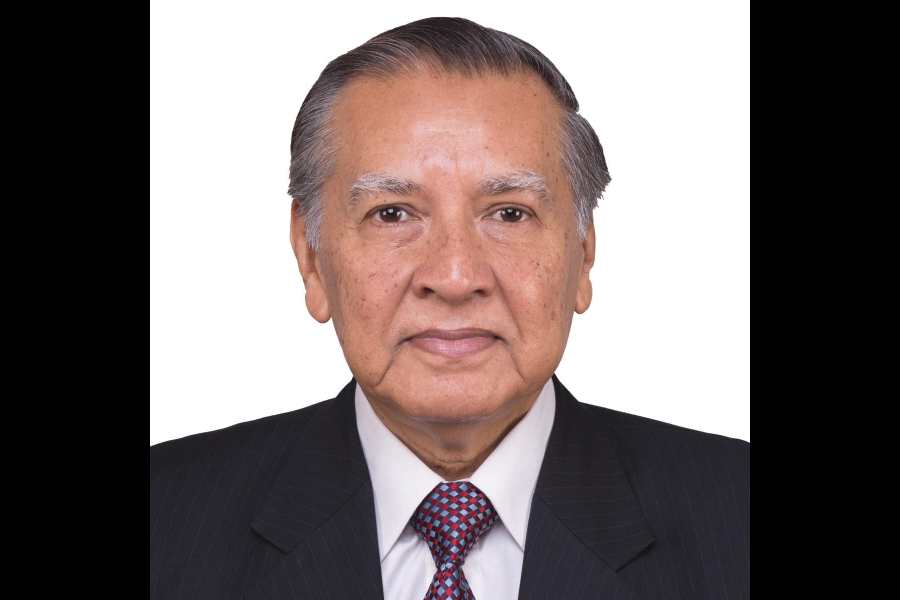What happened today in Bangladesh is to me an act of the restoration of democracy, of people taking power back into their hands. It has been a painful struggle but the outcome is positive. Democracy and peoples’ power are alive.
Sheikh Hasina and her Awami League had turned very dictatorial. She had worked in recent years towards the near-total elimination of the voices of dissent. The Bangladesh Nationalist Party (BNP) had been completely suppressed, their leaders gagged and very often imprisoned. The space for democratic functioning had ceased to exist.
The media had been suffocated, so many laws had come into place stifling independent voices. I have written so many times about it, but to no avail. The Hasina government was not only unresponsive and intolerant, it was also uncaring of the rights of people in a democracy.
Elections were a sham. There was no Opposition. She manipulated polls time after time and got away with it. Naturally, people resented the one-way sway of things.
She managed the last election too. The government was totally unaccountable to anyone. Hasina and her party believed they would get away with it, and for a long time they did get away with it. The Awami Leaguers thought they were above the law, that nothing could touch them. This could not have gone on for too long.
Students in Bangladesh have had a long history of leading public movements, most often successfully. It was students who were at the forefront of the famous language movement which also paved the way for the creation of Bangladesh.
The recent anti-quota movement was also led by students. There was a huge upsurge and the government had to give in. The Supreme Court had to overturn the quota decision.
People ask why the tempers did not die down after that. The fact is by the time the quota was taken back more than 200 people, mostly students, had died. And those are official figures, tallied from hospitals, etc. The unofficial, and publicly believed, number of the dead was close to 500. There was widespread pent-up anger.
A more savvy government would have responded with some grace and contrition. It would have said it was sorry for the loss of student lives. It would have said amends would be made. It would have humbly promised justice and succour to the people. None of that happened. On the contrary, arrogance was on parade, the protesters were being constantly tarnished and blamed and beaten.
Yesterday we had another 93 dead, and things went out of hand. I do not think so many have died in the course of so few days in street protests in our subcontinent.
Today has brought an unbelievable end to Bangabandhu’s daughter’s reign.
It is very early to say what today’s events mean for the future of Indo-Bangla relations. But for us, it is a chance to re-establish democracy and the rule of law in Bangladesh, and moving to conduct a truly participative and free and fair election.
(As told to Sankarshan Thakur)










